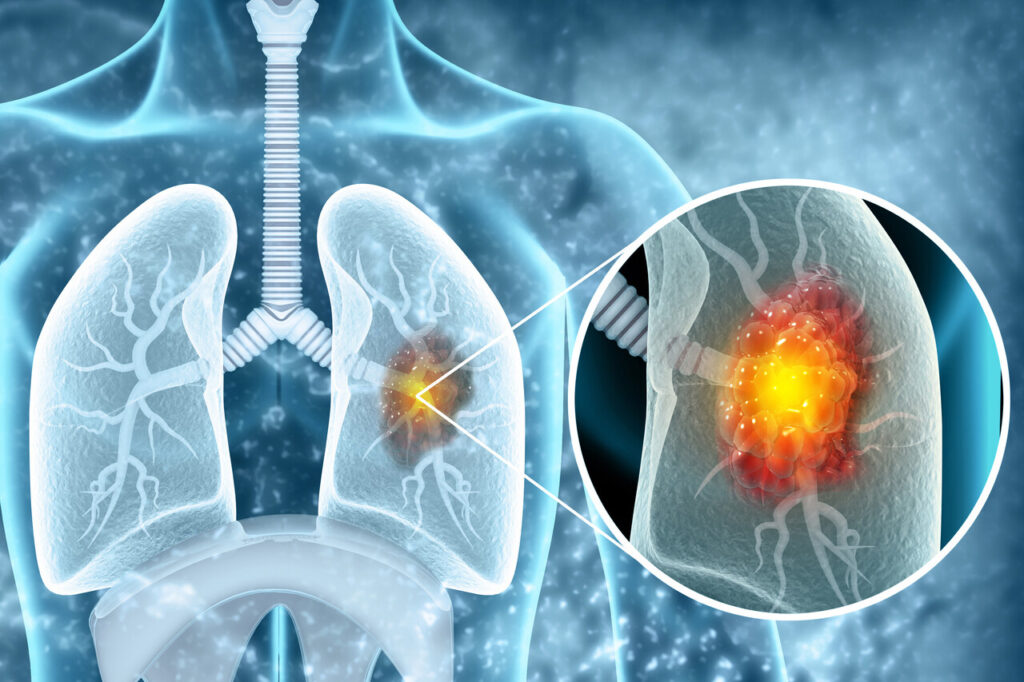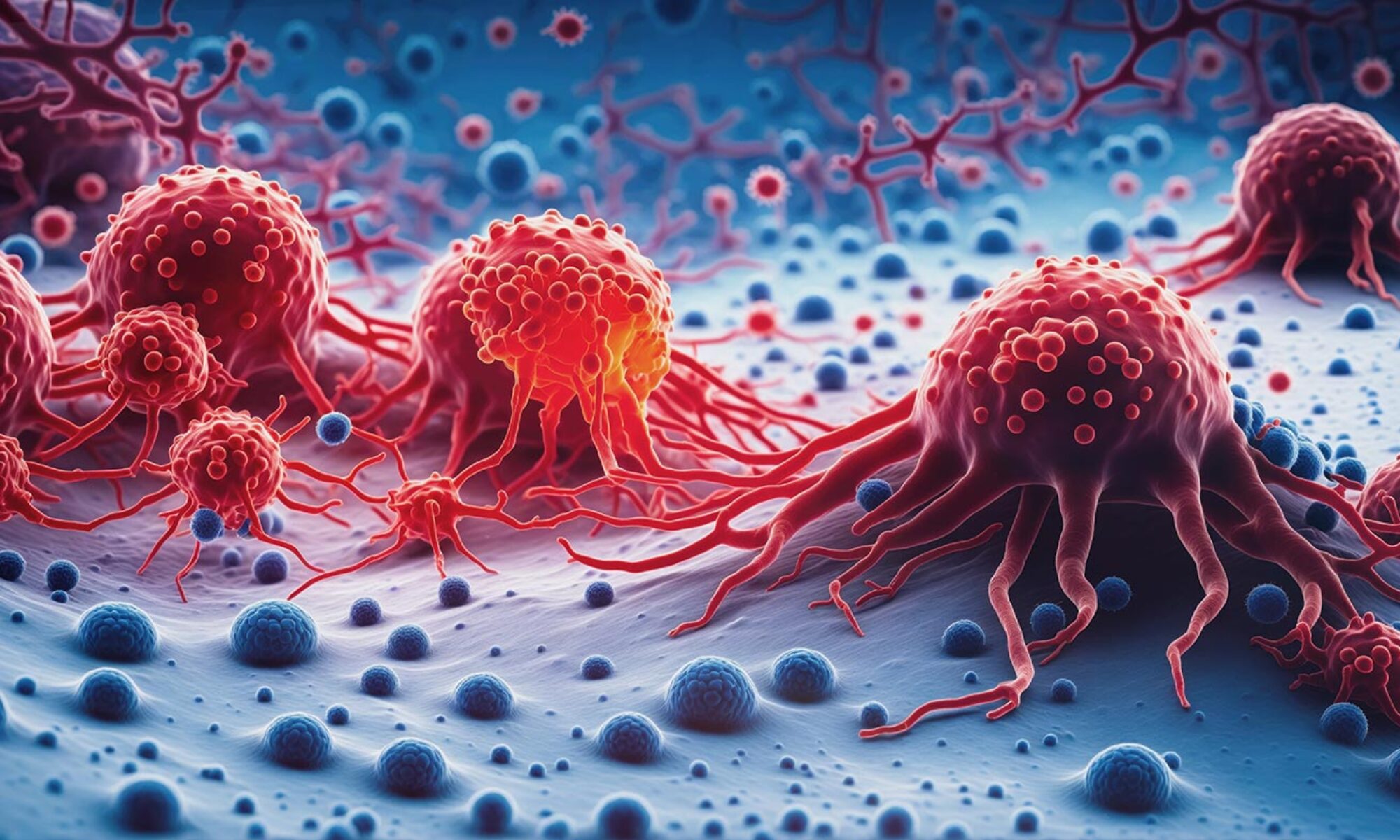سرطان یک بیماری پیش رونده است و ۷۰ درصد مرگهای ناشی از سرطان در کشورهای در حال توسعه رخ میدهد. پیش بینی می شود سرطان دومین عامل کشنده تا سال 2050 در جهان می باشد.
سرطان ریه یک بیماری شایع و مخرب می باشد که میلیون ها نفر را در سراسر جهان تحت تاثیر قرار می دهد. این سرطان عامل اصلی مرگ و میرهای مرتبط با سرطان است که تقریباً از هر پنج مرگ ناشی از سرطان در سراسر جهان یک مورد را شامل می شود.
نحوه مقابله با بيماري سرطان ريه يکي از چالش هاي امروز سرطان شناسان است. در حالي که درمان ممکن است در مراحل اوليه موثر واقع شود اما عمده بيماران (حدود % 77) تا زمان پيشروي سرطان و مراحل پیشرفته شناسايي نمي شوند.

مقاومت به داروهای رايج شيمي درماني به خصوص در نوع سرطان NSCLC يکي از معضلات درماني اين بيماري است و در حال حاضر استراتژي قابل قبولي در خط اول درماني به منظور جلوگيری از مقاومت به شيمي درماني مطرح نشده و هنوز ترکيب دارو ها و روش های جديد، کارآمدي چنداني در بهبود وضعيت و افزايش طول عمر بيماران ندارد.
نرخ بقای پایین در بیماران مبتلا به سرطان ریه همچنان یک چالش بزرگ در مدیریت بالینی سرطان ریه است و بر نیاز فوری به توسعه رویکردهای درمانی جدید تاکید میکند.
تا چند سال پیش، ویروسها را تنها به عنوان عوامل بیماریزا میشناختند که با سرعت بالایی در سلول میزبان رشد و تکثیر مییابند. اما اکنون ویروس ها به یکی از امیدهای درمان سرطان تبدیل شده اند.
ویروسهای انکولایتیک (انکو به معنای سرطان، لایتیک به معنی کشتن) نمایانگر قابلیت جدید در درمان سرطان معروف به ویروس درمانی (ویروتراپی) می باشند- یک درمان که به دنبال تحت کنترل درآوردن خواص طبیعی(ذاتی) ویروسها، برای کمک به مبارزه علیه سرطان است.
گروه واکسوژن برنامه جامعی برای درمان سرطان ریه بوسیله ویروس های بی خطر ضد سرطان دارد و از همه متخصصان حوزه بالینی بخصوص متخصصان گوارش و انکولوژی جهت همکاری علمی و عملی دعوت می نماید.
تا کنون ده ها مطالعه بالینی در خصوص کمک به درمان سرطان ریه بوسیله ویروس های ضد سرطان در جهان انجام شده است که در ذیل بخ برخی از آنها اشاره شده است.
بررسی بالینی درمان سرطان ریه در آمریکا NCT03029871
Oncolytic Adenovirus-Mediated Gene Therapy for Lung Cancer (NSCLC)
Study Overview
Study Overview
Oncolytic Adenovirus TILT-123 With Pembrolizumab as Treatment for Refractory Non-Small Cell Lung Cancer
Study Overview
A Study of Oncolytic Virus Injection (RT-01) in Patients With Extensive-Stage Small Cell Lung Cancer
Study Overview
This is a single-arm, open-label, clinical pharmacology study to evaluate safety and efficacy of oncolytic virus injection(RT-01) in Patients With Extensive-Stage Small Cell Lung Cancer.
The purpose of this study is to evaluate the safety and tolerability, antitumor activity, The immunoreactivity, The immunogenicity, pharmacokinetics and virus shedding of RT-01.
